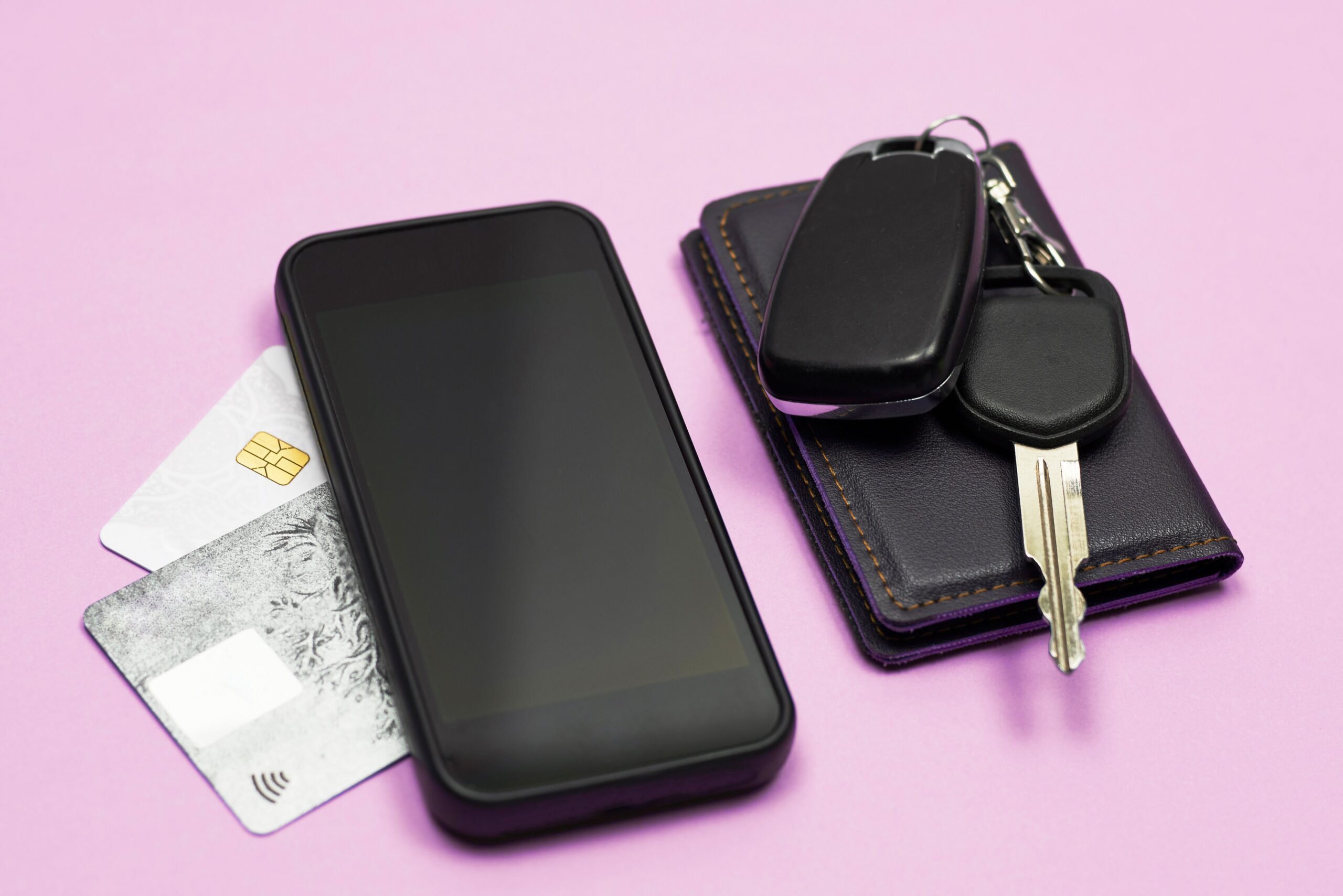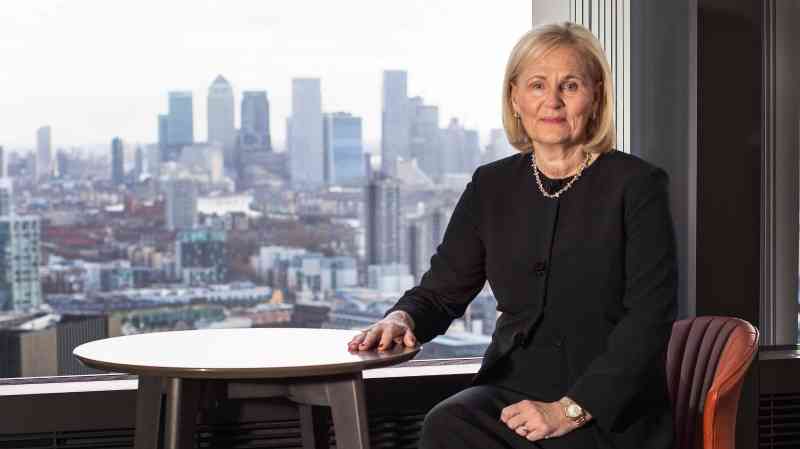Your digital wallet can do much more than pay for your shopping
Phone, wallet, keys. We mutter it each time we leave the house. Increasingly though, we are reliant on our “digital wallets”, making this mantra matter less and less. They store virtual versions of bank cards, so you don’t need to enter your details or to have a physical card to make payments.
The sector is growing exponentially. By 2027, virtual bank cards are expected to make up half of all online retail spending in the UK, worth £203.5 billion, according to new data from WorldPay. When spending in shops, paying with a card on a device such as a phone is expected to almost double from 14 per cent to 29 per cent.
The space is being shaken up this year by a European competition ruling, forcing Apple, a key player, to change how it operates. Until now, Apple has blocked third-party access to the near-field communication chip in its smartphones, which allows devices close to one another to exchange information wirelessly. This chip is how you make a contactless payment, tapping your phone on a card reader to pay.
In January, in response to a European investigation that started in 2020, Apple said it would open this to other providers, so that other companies’ wallets would be allowed on European iPhones. At the same time, Brussels’ Digital Markets Act means that the Cupertino-based powerhouse must offer alternative payment options for those buying goods and services through apps on its platform.
Apple has long argued that its exclusivity kept customers secure; competitors said they were held to ransom by the company. Either way, these changes are fuelling “wallet wars”, as companies beyond Big Tech fight to become the digital platforms of choice for people to manage their daily financial lives.
The changing payment landscape is altering thanks to the greater adoption of open banking, a rise in the number of people giving third-party providers open access to their financial data from the banks.Challengers will have to work hard to tempt consumers to move. The likes of Apple and Google Pay have unrivalled reach and their elegant in-phone payments solutions are hard to match.
Oliwia Berdak, research director at Forrester, the research and advisory group, says opportunities for rivals may spring up in areas beyond payments, such as offering ticketing or retail.
Really, the potential to shake up digital wallets lies beyond “tap-and-go” technology, in more ambitious projects, marrying all aspects or our lives. Like the battered leather wallet you might keep in your pocket, the most useful can be stuffed with information but in a more handy form than scraps of paper, dog-eared business cards or scrunched-up receipts.
Here the European Union itself is stepping in. In the next two years, it is rolling out the EU Digital Identity Wallet, allowing citizens to access public and private online services across the Continent, as part of its “digital decade” programme. It will include things such as driving licences, educational qualifications and health information. As an added kicker, under the Digital Markets Act, companies classified as “Very Large Platforms”, including Meta, Amazon and Apple, will have to recognise the new wallet. Britain will be watching closely to see how widely this is adopted and whether it has a place in the UK.

For a glimpse of this brave new world, look at the Nordic countries, which have long been far ahead in the digital wallet game. In Sweden, for example, citizens can get a digital ID that allows them to log into the websites of public sector organisations, change their address, submit tax returns, access health services and sign documents digitally.
It is not only government. The country’s widely used Kivra platform, a private company, is a “digital mailbox” that allows payments and boasts: “Imagine letters, bills, receipts, uploads and other important things — all in one app. Completely free, of course. Smart, secure, and sweet for the environment!”
When you leave the house in future, just remember where you left your phone.
Katie Prescott is Technology Business Editor of The Times




Post Comment